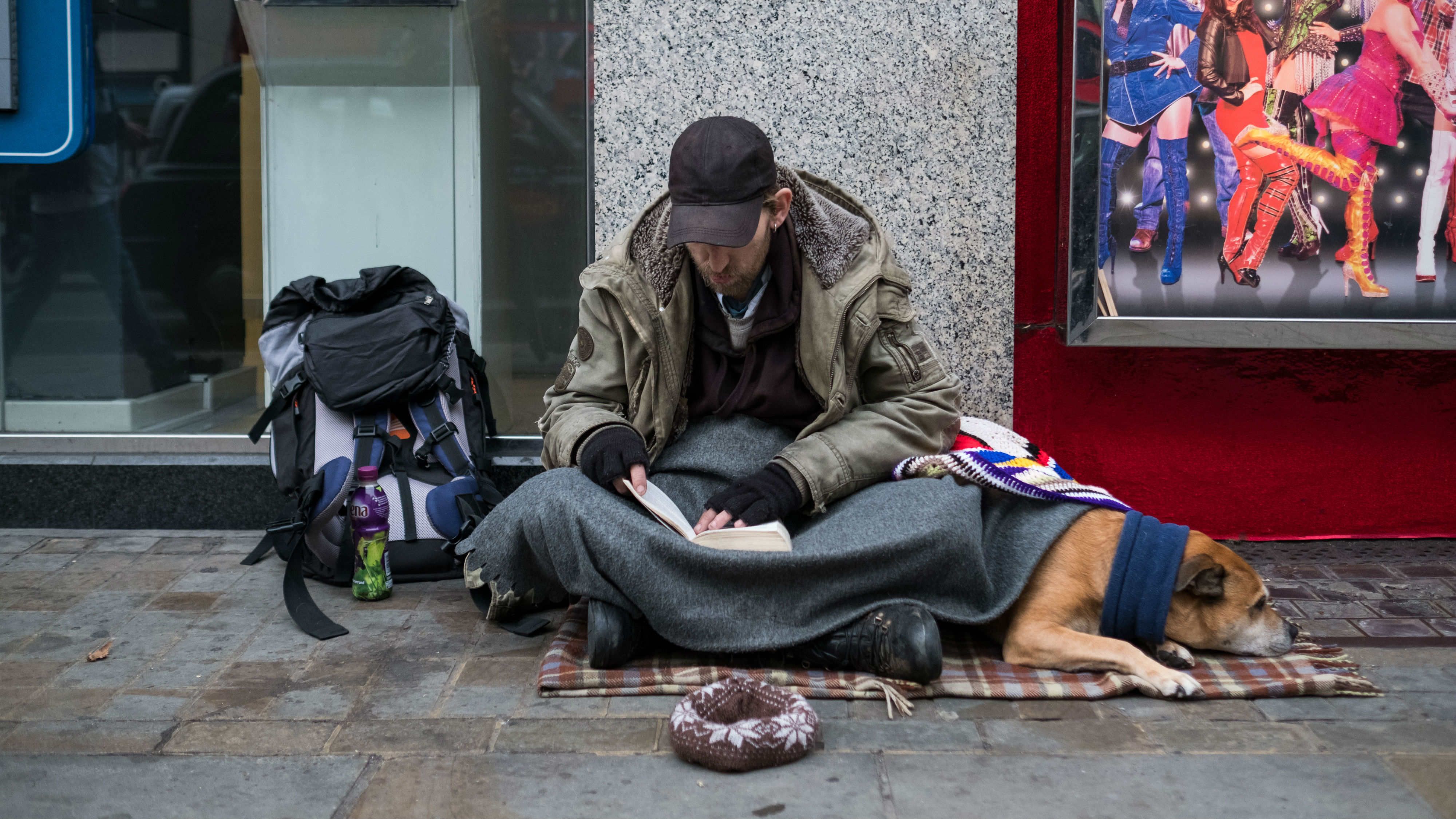Homelessness Reduction Act: will it make a difference?
Under the new law, rough sleepers in England will have a legal right to help from their local council

A free daily email with the biggest news stories of the day – and the best features from TheWeek.com
You are now subscribed
Your newsletter sign-up was successful
New legislation requiring earlier intervention by councils to prevent homelessness comes into force today.
Under the Homelessness Reduction Act, part of the Government’s commitment to eliminate rough sleeping within the next decade, local authorities in England must take “all reasonable steps” to prevent and relieve homelessness.
The landmark bill “has the potential to transform the way homelessness services are delivered and ensure that all eligible applicants are given the help they need,” says the charity Shelter. “But it will take political will to tackle the drivers of homelessness.”
The Week
Escape your echo chamber. Get the facts behind the news, plus analysis from multiple perspectives.

Sign up for The Week's Free Newsletters
From our morning news briefing to a weekly Good News Newsletter, get the best of The Week delivered directly to your inbox.
From our morning news briefing to a weekly Good News Newsletter, get the best of The Week delivered directly to your inbox.
How bad is the problem?
Homelessness has been on the rise since 2011, according to government figures. Data shows the number of people sleeping rough in England soared by 134% between 2010 and 2016, while the number of households living in temporary accommodation went up by 60% over the same period.
In 2015-16, some 115,000 households applied to their council for homelessness assistance – an 11% increase since 2010-11, according to the BBC.
What does the new law do?
A free daily email with the biggest news stories of the day – and the best features from TheWeek.com
Under the new law, rough sleepers and those at risk of becoming homeless will have a legal right to help from their local council.
Local authorities will have “a duty to assess all eligible applicants who are homeless or at risk of homelessness, identify their housing needs, and provide them with a personalised housing plan,” although this does not extend to a right to housing, The Guardian reports.
Previously, people were given help only if they were likely to become homeless within 28 days. The new law extends that period to 56 days, forcing councils to intervene earlier.
The legislation will also extend assistance to those who are already homeless but not considered “priority need” – typically single people who don’t have children.
Local authorities “will be backed with £72.7m over three years in England – the trade-off being that preventative measures will hopefully herald savings over time,” the Big Issue says.
Homelessness minister Heather Wheeler, who has vowed to resign if the problem of rough sleeping worsens while she is in office, says the government is “determined to help the most vulnerable in our society and to break the homelessness cycle once and for all.”
Will it a difference?
In a blog for Shelter, Deborah Garvie argues that the new legislation fails to address the root cause of homelessness and needs to be accompanied by the building of new affordable homes.
“We’ve warned from the outset that the law alone can’t reduce homelessness, which occurs because of a lack of suitable homes in the areas where they are most needed,” she says. “So when homelessness increases, it’s an indicator that housing policy is failing.”
-
 Ex-South Korean leader gets life sentence for insurrection
Ex-South Korean leader gets life sentence for insurrectionSpeed Read South Korean President Yoon Suk Yeol was sentenced to life in prison over his declaration of martial law in 2024
-
 At least 8 dead in California’s deadliest avalanche
At least 8 dead in California’s deadliest avalancheSpeed Read The avalanche near Lake Tahoe was the deadliest in modern California history and the worst in the US since 1981
-
 Political cartoons for February 19
Political cartoons for February 19Cartoons Thursday’s political cartoons include a suspicious package, a piece of the cake, and more